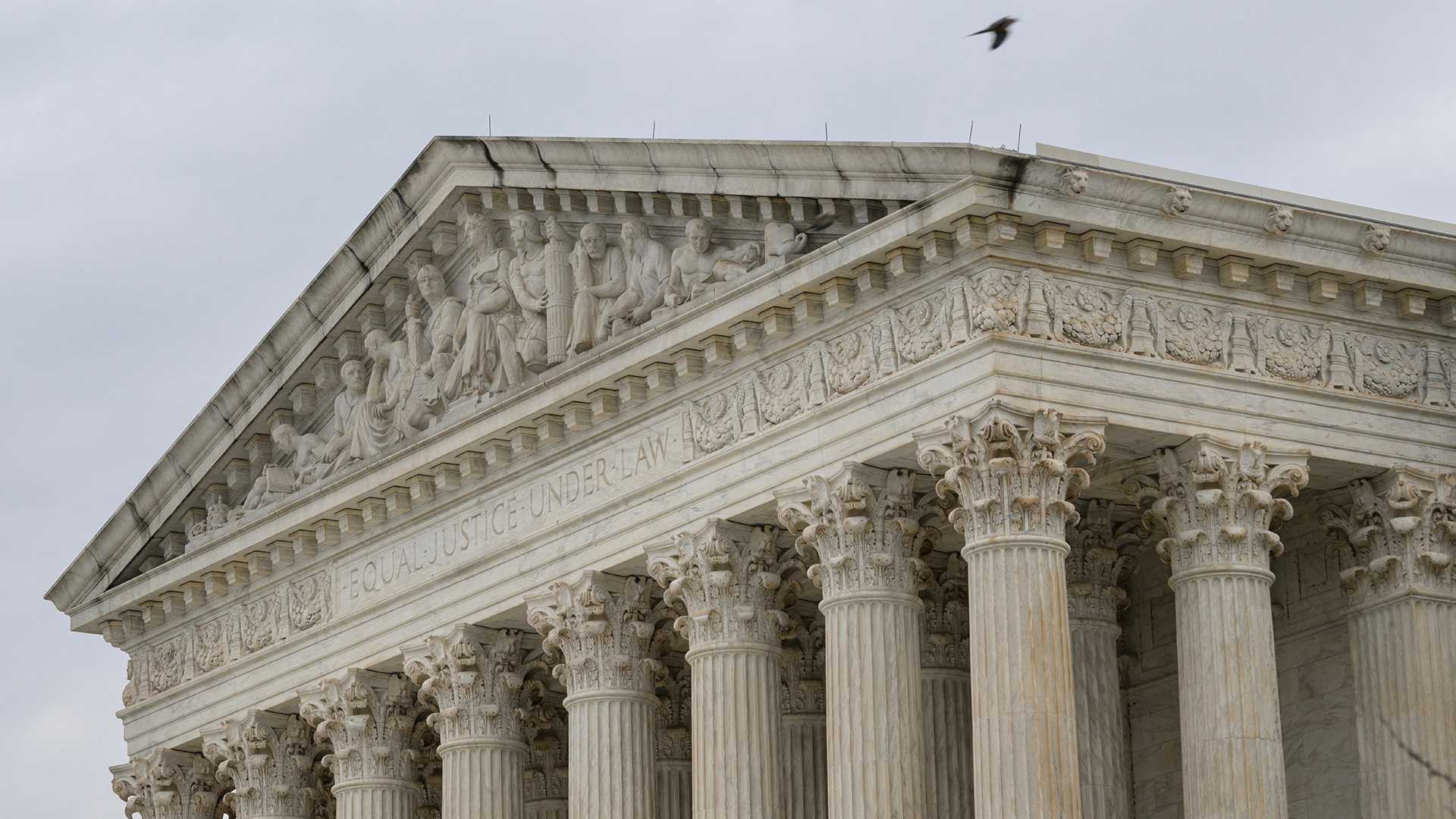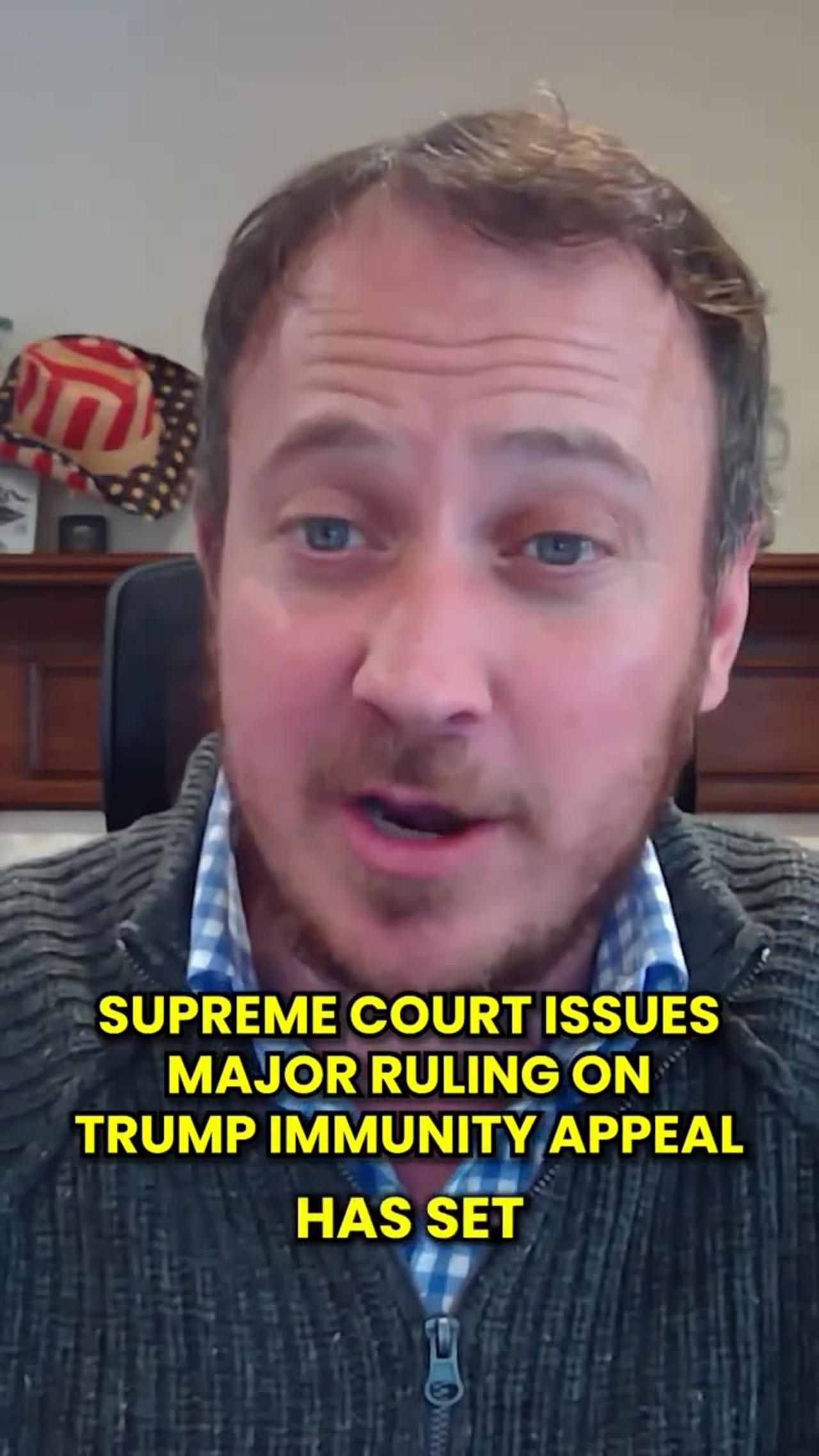Schumer's 'No Kings' Bill Aims to Strip Presidential Immunity After Supreme Court Ruling
Senate Majority Leader Chuck Schumer introduced legislation on Thursday that reaffirms that presidents are not immune from criminal actions, in an attempt to reverse the Supreme Court's landmark decision last month.
Schumer's 'No Kings' bill would seek to invalidate the decision by declaring that presidents are not immune from criminal law and clarifying that Congress, not the Supreme Court, determines who is subject to federal criminal law.
The Supreme Court's Decision and its Implications
The court's conservative majority decided on July 1st that presidents have broad immunity from criminal prosecution for actions taken within their official duties, a decision that cast doubt on the Justice Department's case against former Republican President Donald Trump for his efforts to overturn his 2020 election loss.
The Supreme Court's decision surprised Washington and prompted a strong dissent from the court's liberal justices, who warned of the dangers to democracy, particularly now that Trump seeks to return to the White House. Trump celebrated the decision as a "GREAT VICTORY" on his social media platform, and Republicans in Congress joined him.
Congressional Response and the 'No Kings' Bill
Schumer, from New York, said Congress has the constitutional obligation and authority to check the Supreme Court's decision.
"Given the dangerous and consequential implications of the court's ruling, the legislation would be the fastest and most efficient method of correcting the grave precedent the Trump ruling presented," he said.
The Senate bill, which has more than two dozen Democratic co-sponsors, comes after President Joe Biden called on lawmakers earlier this week to ratify a constitutional amendment that limits presidential immunity, along with the establishment of term limits and an enforceable code of ethics for the court's nine justices. Representative Joseph Morelle, a Democrat from New York, recently proposed a constitutional amendment in the House.
The 'No Kings' Title and its Significance
The title of Schumer's bill recalls Justice Sonia Sotomayor's dissent in the case, in which she commented that "in every exercise of official power, the president is now a king above the law."
The decision "mocks the principle, fundamental to our Constitution and system of government, that no man is above the law," Sotomayor defended.
Constitutional Amendment and its Challenges
A constitutional amendment would be even more difficult to pass. Such a resolution requires a two-thirds vote in both the House of Representatives and the Senate, something highly unlikely at this moment of divided government, and ratification by three-quarters of the states. That process could take several years.
Even so, Democrats see the proposals as a warning to the court and an effort that will unite their voting base ahead of the presidential election.
Vice President Harris's Statements on the Crisis of Trust
Vice President Kamala Harris, who will face off against Trump in November's election, announced earlier this week that reforms are necessary because "there is a clear crisis of confidence facing the Supreme Court."
Potential for the 'No Kings' Bill to Pass
Without the support of the Republican Party, Schumer's bill has little chance of passing in the narrowly divided chamber.
Speaking about Biden's proposal, Senate Republican Leader Mitch McConnell said Biden's proposal would "wreck the Constitution."
The Future of Presidential Immunity and the Debate on Separation of Powers
The Supreme Court's decision in the case of former President Trump has reignited the debate on presidential immunity and the separation of powers. While the court's decision grants broad immunity to presidents, it remains to be seen whether Congress will be able to successfully overturn this decision through legislation or constitutional amendment. The outcome of this debate will have significant implications for the future of presidential power and the accountability of elected officials.
The 'No Kings' bill is a clear indication of the growing concern among Democrats over the power of the presidency and the potential for abuse. The bill's passage would be a significant victory for those who believe that no one, not even the president, is above the law. However, the bill faces a challenging path to becoming law, given the current political climate and the deep divisions within the country.
This debate will likely continue to play out in the coming months, with the presidential election looming large. The outcome of the election could have a significant impact on the future of presidential immunity and the balance of power between the branches of government.


















